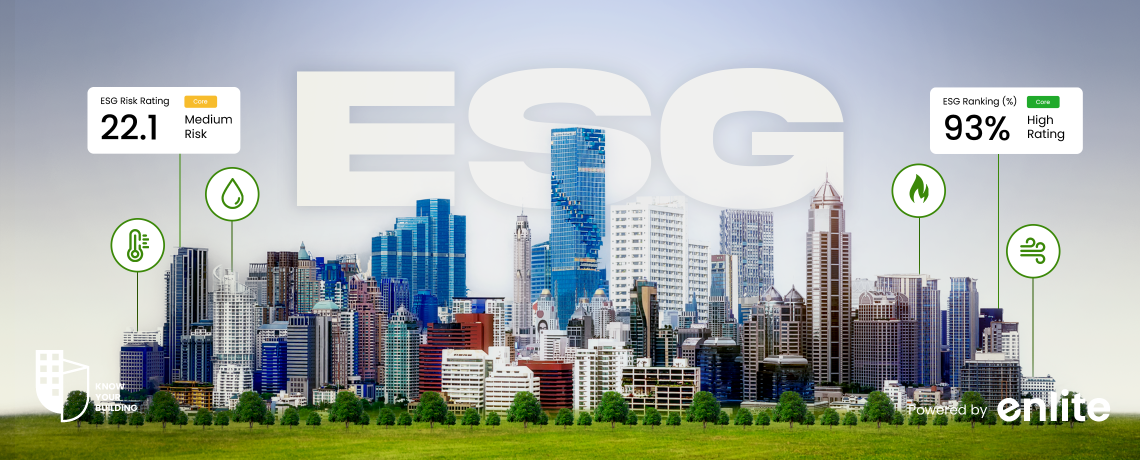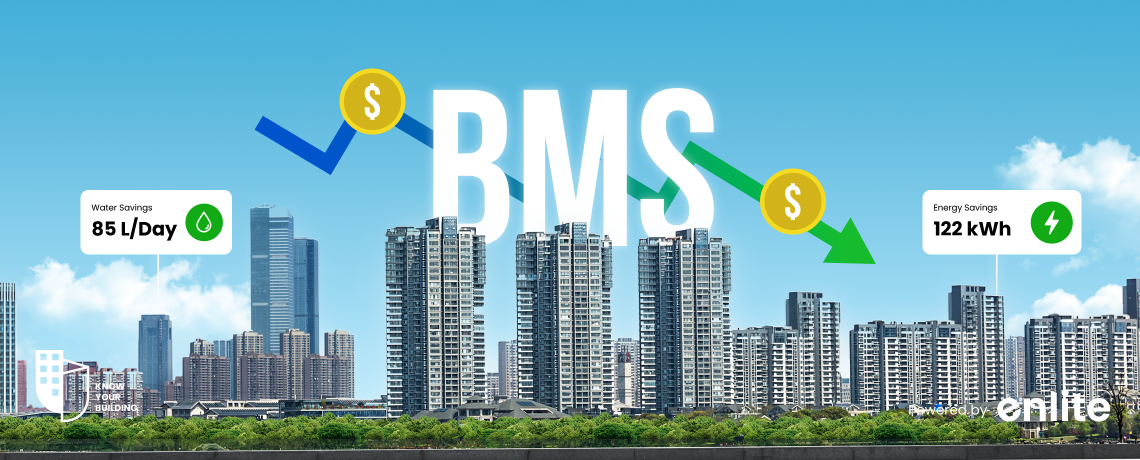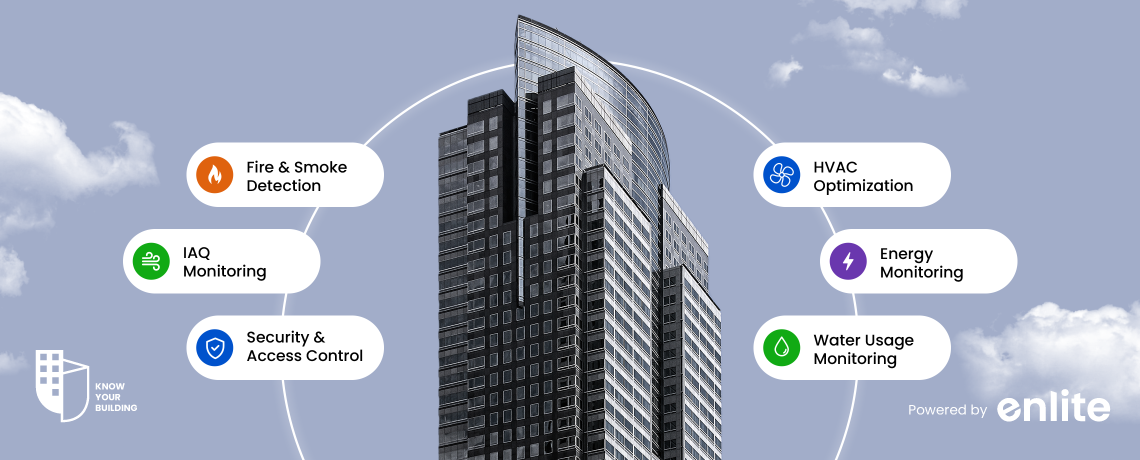In the pursuit of sustainable development, Environmental, Social, and Governance (ESG) factors are paramount. ESG ratings provide a comprehensive assessment of an organization’s commitment to positive environmental, social, and governance practices. This focus on sustainability extends to building management systems, where ESG ratings are an increasingly important metric for ensuring a greener future.
What is ESG Ratings
ESG ratings evaluate a company’s performance across a range of sustainability criteria. Key factors include:
- Environmental: Energy efficiency, carbon footprint, resource management, and waste reduction.
- Social: Labor practices, diversity and inclusion, community impact, and human rights considerations.
- Governance: Board composition and diversity, ethical business standards, and executive compensation.
ESG Ratings and Building Management
Building management systems (BMS) play a pivotal role in enhancing sustainability within the built environment. They serve as central hubs for monitoring, controlling, and optimizing various building systems, including HVAC, lighting, security, and more. BMS technology is essential for achieving sustainability goals by optimizing energy use, reducing waste, and improving operational efficiency. It enables facilities managers to make informed decisions based on real-time data, leading to significant reductions in energy consumption and carbon emissions.
Moreover, a focus on sustainability in building management positively impacts the environment, aligns with corporate social responsibility goals, and potentially increases property values. Sustainable buildings are often more attractive to environmentally conscious investors and tenants. They offer lower operating costs, improved occupant comfort, and a healthier indoor environment, which can translate into increased rental rates and higher occupancy levels.
ESG Rating Providers in India
The following Indian organizations specialize in providing ESG assessments and ratings:
- CRISIL
- ICRA
- CII-ITC Centre of Excellence for Sustainable Development
The Growing Importance of ESG Transparency
Governments and regulators are increasingly recognizing the value of ESG disclosure. Organizations committed to sustainability gain a competitive advantage by demonstrating transparency in their practices. Studies consistently illustrate a positive correlation between robust ESG performance and long-term financial resilience.
Our state-of-the-art building management solutions are specifically tailored to enhance your building’s sustainability performance and elevate your ESG ratings. With our deep expertise, we provide a comprehensive approach to reducing your carbon footprint and creating a positive environmental and social impact. Our solutions integrate advanced energy-efficient technologies, such as BMS (Building Management Systems), which optimize resource utilization, reduce energy consumption, and increase operational efficiency. Through data-driven insights and proactive management, we help you align your building with the highest standards of sustainability, fostering a healthier and more sustainable built environment for all stakeholders.
Contact us to explore how we can enhance the sustainability and value of your building assets.














